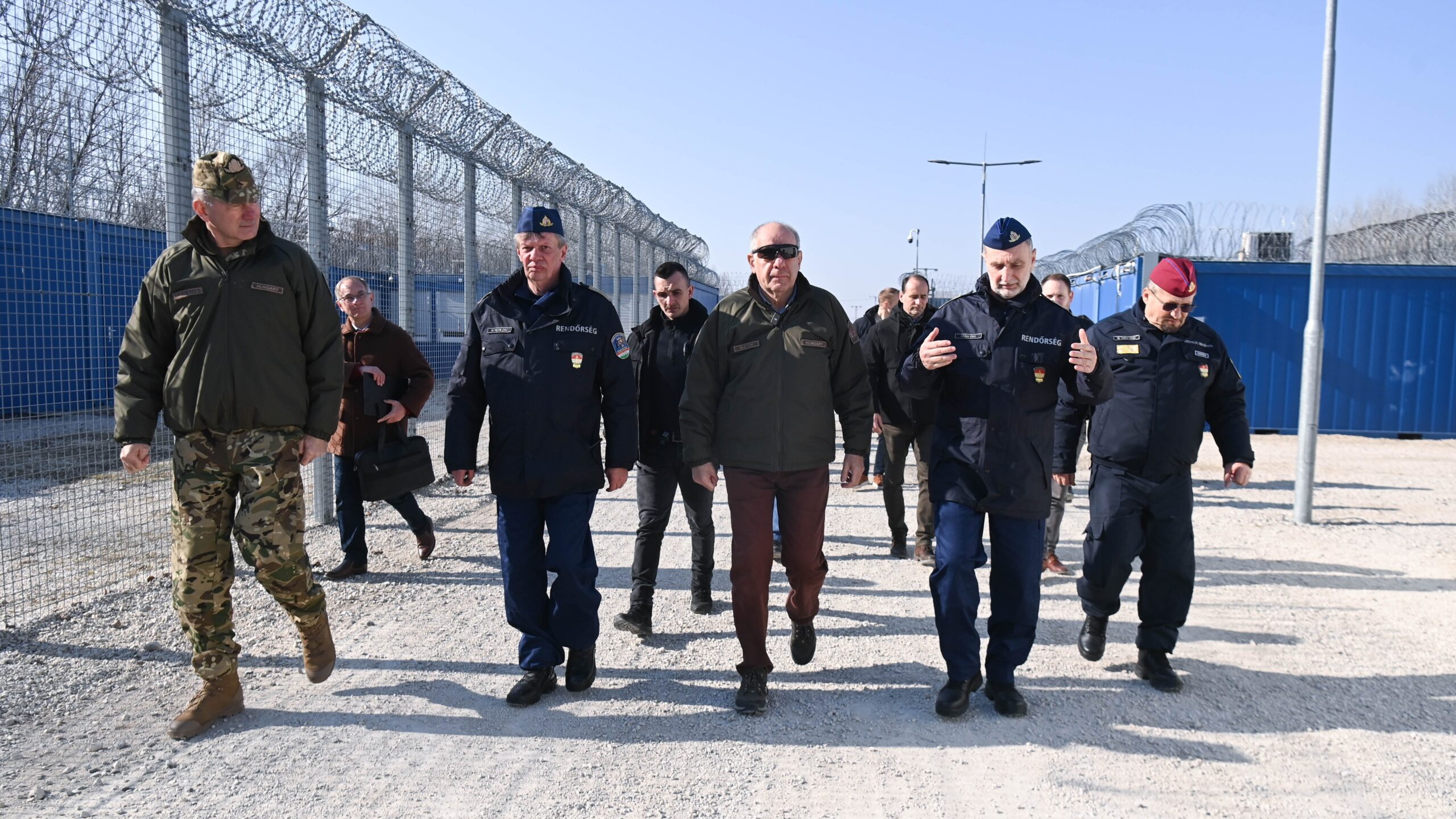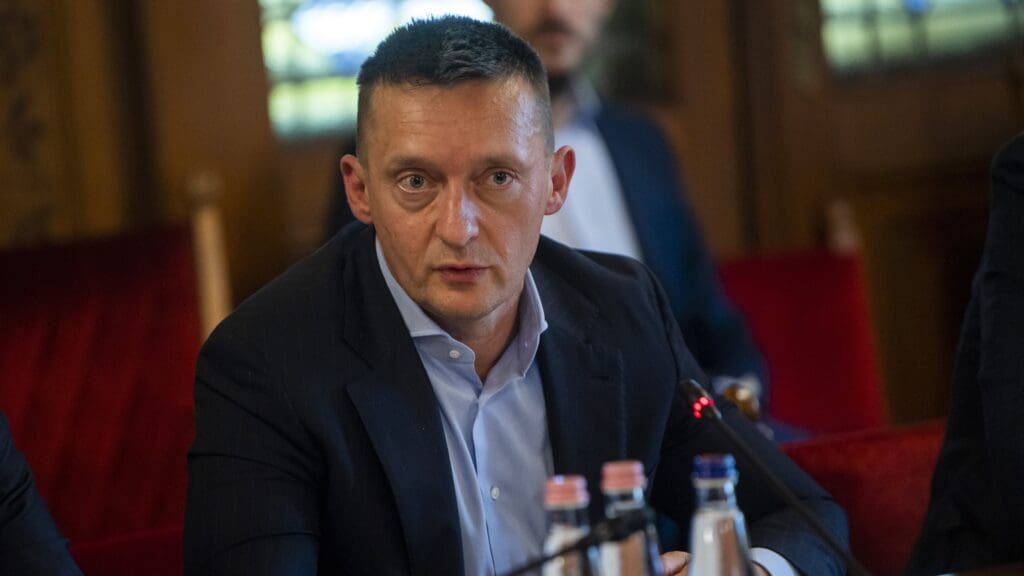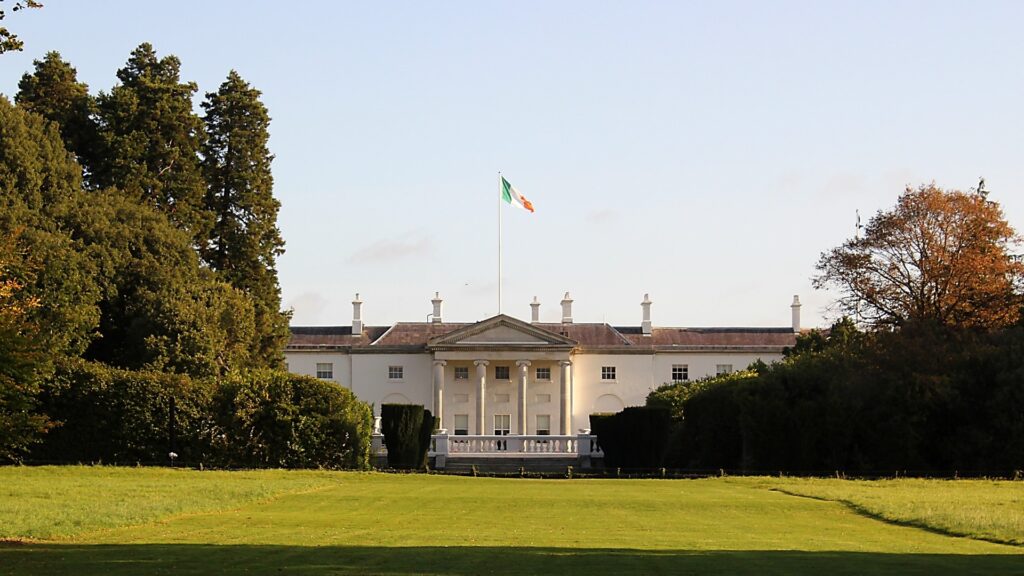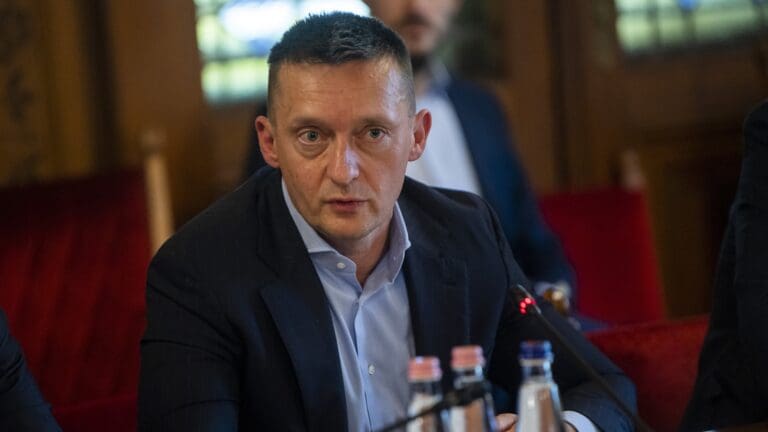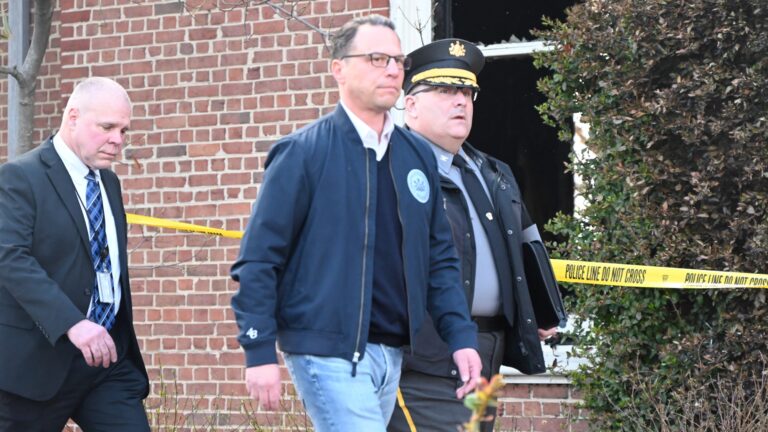Hungarian President Tamás Sulyok expressed satisfaction with the country’s border security measures on Tuesday after visiting border regions with Romania and Serbia. Speaking to journalists in Szeged, he commended law enforcement personnel for their preparedness and professionalism.
‘I am convinced that we can continue to sleep soundly. Our borders are protected by well-trained personnel using state-of-the-art equipment,’ the President stated. He emphasized that from a constitutional perspective, it is crucial for the state to maintain control over those entering its territory. The officers securing Hungary’s borders play a vital role in upholding constitutional order through their dedicated daily efforts. Sulyok noted that border police and patrol units operate with a high level of professionalism and have access to advanced surveillance technologies. ‘With the technical equipment in place, every tree and bush can be monitored both day and night,’ he said.
During the visit, law enforcement officials briefed the president on the operational adjustments made following Romania’s recent accession to the Schengen Area. The border police unit at Nagylak has been reorganized, with some officers now conducting in-depth border checks in cooperation with Romanian counterparts, while others support the Szeged border police or are reassigned to other duties.
At Röszke, one of Hungary’s busiest border crossings, head of the Border Policing Office Szeged Gábor Szécsényi provided an overview of the security measures along the 61-kilometre stretch of the Hungarian–Serbian border. Approximately 300 officers, supported by reserve police units, border hunter squads, local civilian patrols, and even Austrian and Turkish officers contribute to maintaining border security. The region’s border security is further enhanced by a network of more than 200 surveillance cameras, thermal imaging systems with an 8–10 kilometre range, drone units, motion sensor cameras, and patrol boats monitoring the Tisza River. Despite these measures, human smugglers continue to modify their tactics. Following the erection of border fences, they initially attempted to dig tunnels, later resorting to scaling the barriers with ladders. More recently, they have primarily focused on cutting through the fences. These breaches are often accompanied by violent attacks against Hungarian border guards.
Röszke remains Hungary’s busiest border checkpoint, handling more than seven million travellers and two million vehicles in the past year alone. Nearly 29 per cent of all bus traffic crossing Hungary’s borders passes through this checkpoint. Addressing concerns about delays at the border, Hungarian police Chief János Balogh explained that additional personnel have been deployed from other regional police units and the border hunter programme to speed up passport control. New technologies have also been introduced to improve efficiency. A portable document scanner now allows officers to check passports outside their booths, expediting the process for waiting travellers. Additionally, an automated entry system—previously only available at Budapest’s Liszt Ferenc International Airport—has been installed at the Röszke bus terminal for faster screening of passengers.
Hungary is also working closely with Serbian authorities to implement a streamlined border control system at smaller crossing points. Under the proposed system, Hungarian officials would handle entry procedures, while Serbian authorities would conduct exit checks on departing passengers. This arrangement would maximize the use of existing infrastructure without the need for new border facilities. ‘Hungary is ready to implement this system, and Serbian authorities have also expressed their willingness to cooperate,’ Balogh stated.
To accommodate commuters from Serbia’s Vojvodina region, operating hours at the Röszke road crossing have been extended. Plans are also underway to introduce a dedicated lane for workers employed by major Szeged-based companies, allowing for faster clearance through pre-registration.
Hungary continues to enhance its border security measures while seeking to improve efficiency at its busiest checkpoints, ensuring both safety and smoother travel for those crossing its borders.
Related articles:

